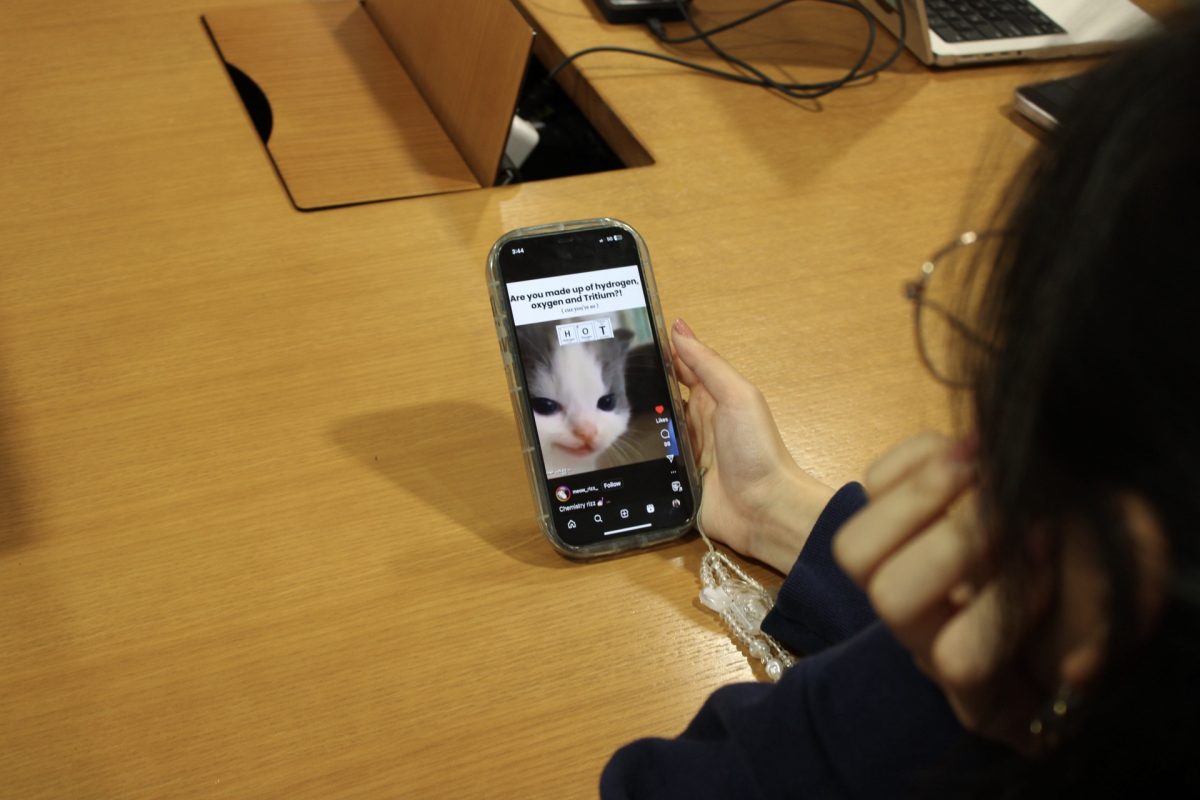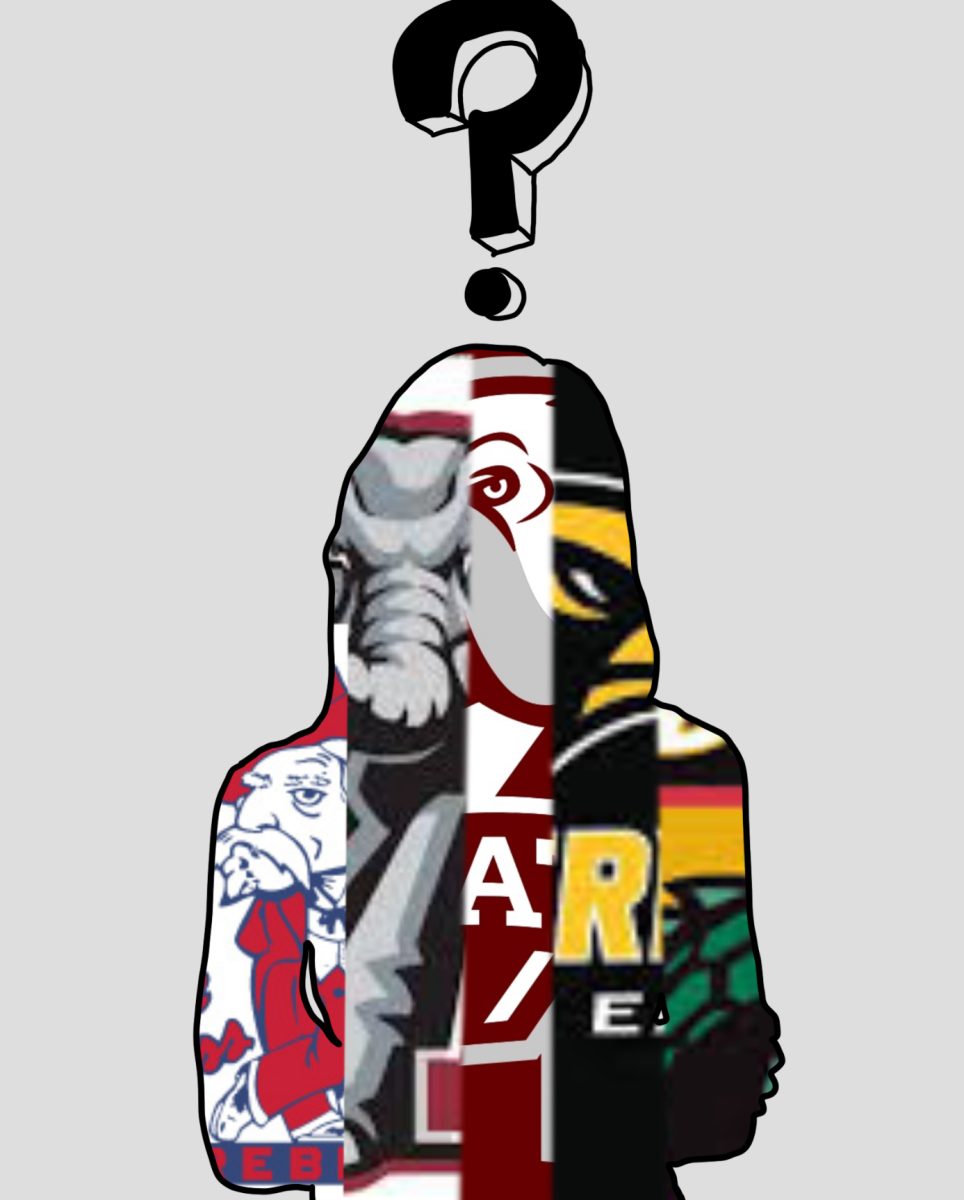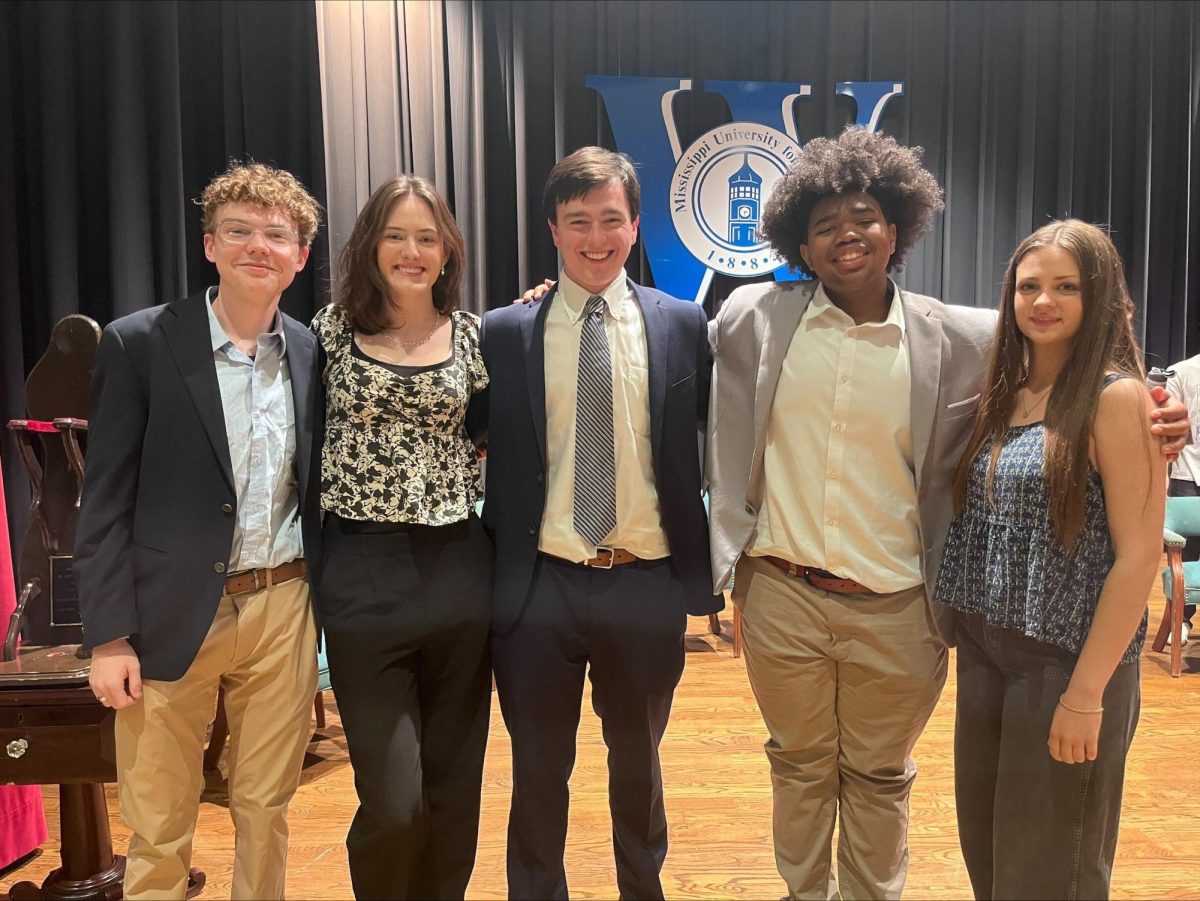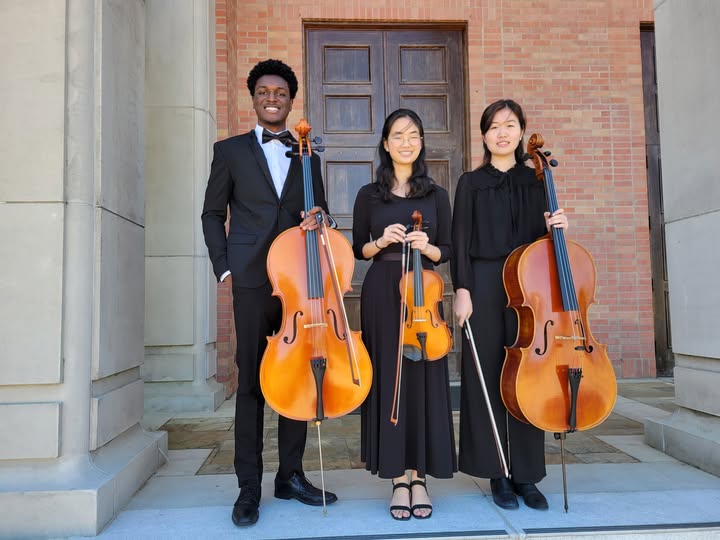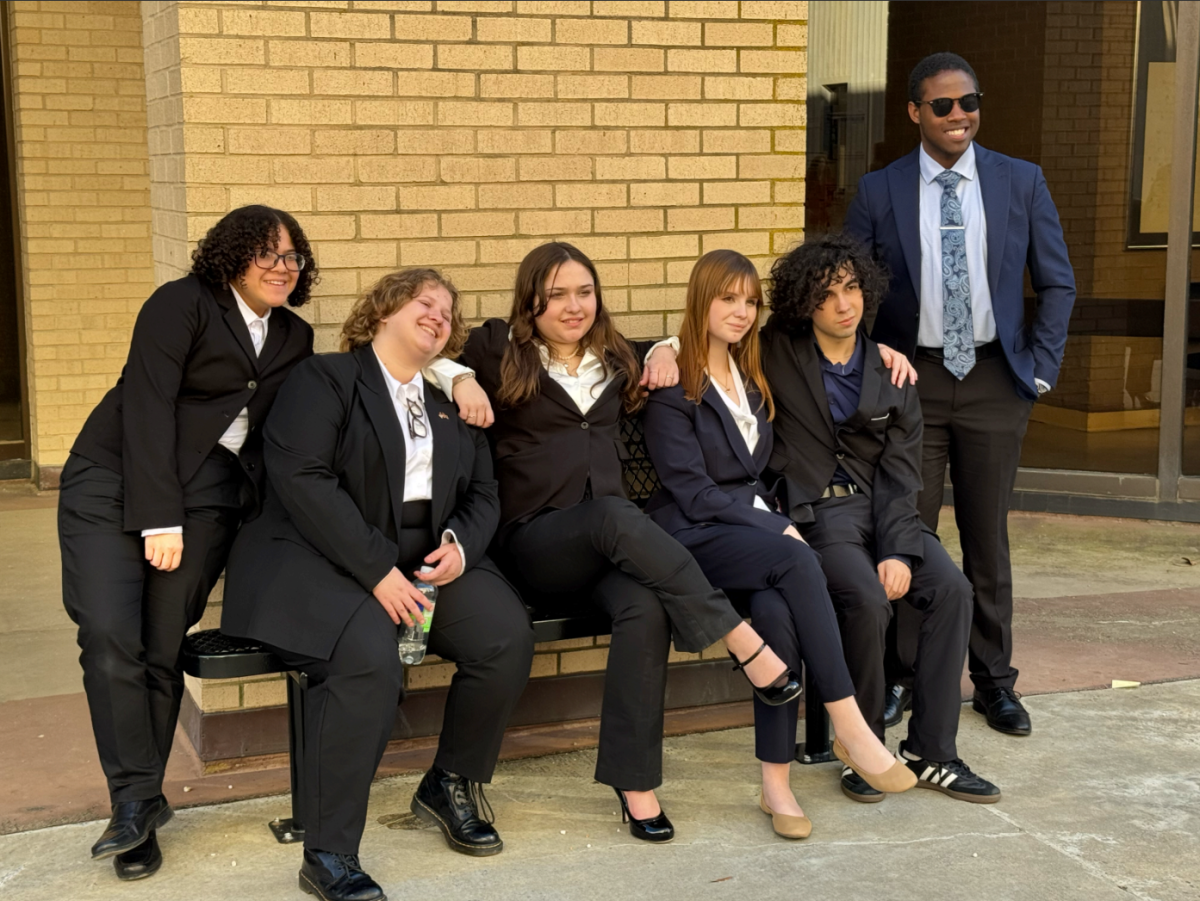In a world that seems to shatter without labels, is it truly important to rely on a certain label that may cause harm?
For example, between 6-10% of K-12 students are categorized as gifted. Those particular students do not fit into the neurotypical box as their peers do. Sometimes, gifted students are even diagnosed with a disorder which explains why their brain functions differently. These can range anywhere from anxiety to ADHD and even autism. This means mental disorders are mislabeled as gifted which leads to a lack of accommodated education for students who need it, and some students feel pressured by the label which causes things including burnout and imposter syndrome.
To get a better scope of just how broad this conception expands, I have collected data and testimonials from students at the Mississippi School for Mathematics and Science — a school that values academic achievements a little more than your average high school. These students fall under the gifted label, and for some, it is the only reason they attend MSMS.
Students responded to a poll asking how they feel about being called gifted. Approximately 54% said the word gifted brings them academic validation, while 44% of students said they receive unwanted pressure when being referred to as gifted. Additionally, 2% of students at MSMS are not affected.
Just as the data shows, a majority of students feel pressured to live up to the standard of being gifted and smart. Senior Tony Bradley said he correlates the amount of pressure with imposter syndrome — the feeling of passing by with only luck and one’s own capabilities aren’t enough.
“Ever since around eighth grade, I have struggled with imposter syndrome. I attribute this to the fact that I have always been told I was gifted, special and smart,” Bradley said. “Whenever I don’t live up to these expectations, I begin to question anything I’ve achieved and chalk it up to luck or that it was way easier than I thought.”
Bradley is not the only student who feels this way. Other students use the term as something to strive for which causes burnout as early as junior and sometimes sophomore year. For the students who find academic validation in the label, they can also struggle with these things as well.
Senior LaDestiny Lemock said she understands this.
“Society as a whole puts labels on things to separate people. While this can be seen as a good thing, it can be very harmful,” Lemock said. “Deeming a child as gifted can give off the impression that they are better than other kids and other kids can and will feel inferior. At the end of the day, 10 years from then or when they are graduating, that word will have no meaning. It will also have no meaning in the real world.”
From another perspective, such as school counselors, the label gifted can be perceived very differently by each student. Environment plays a big role in both the positive and negative aspects.
“In my experience, most students identified as gifted — assuming there are no other factors such as learning disorders —tend to mostly thrive in the educational setting. However, at a certain developmental point in time, socializing becomes very important, so some gifted students may underperform academically if they perceive their giftedness to be a stigma. I believe that social support and local culture or values are probably what tips the scale from thriving to struggling for the gifted,” said MSMS Counselor Heath Stevens.
As do all topics, in reality, this has an opposing side. The label does not affect students who can identify their worth. That characterization is rare.
“I don’t have any feelings toward being called gifted, because I know my own abilities. I know whether or not I can do certain things because I am me. I also know I am not always gifted since I make mistakes. If people want to call me gifted; I don’t care. I think it’s either helpful or destructive by the way a certain individual takes it. I think a person who doesn’t understand being humble or able to take a compliment well, will perceive the word gifted as either a positive or a negative thing,” said former junior Andrea Mireles before moving away. “Learning at a young age that being called gifted isn’t something that you should take to heart is another thing that may affect someone’s perception of the word. In my personal opinion, being called gifted should not affect how you perceive yourself. It’s merely a compliment that is to call you smart and that is it.”
MSMS English teacher Theo Hummer said she believes the struggle of gifted kids should not be hidden under that label.
“I think it’s really important for educators to work carefully to make sure that the gifted label doesn’t become a wedge between academically gifted kids and kids whose gifts lie in other areas,” Hummer said. “I think it’s really important for educators and evaluators to pay attention to equity issues and make sure that supposed gifted programs are inclusive along gender, racial and socioeconomic lines. And I think it’s really important for educators to remember that gifted kids are just as neurodiverse as any other group; a kid who shines academically may nevertheless be struggling with or working hard to compensate for all sorts of disabilities, and recognizing and accommodating those disabilities helps gifted kids thrive just like it helps other kids thrive.”
Being called gifted comes with many challenges. It affects some students more than others, but, as a whole, the term is used to ignore learning disabilities and bring high standards upon that same group of students.


